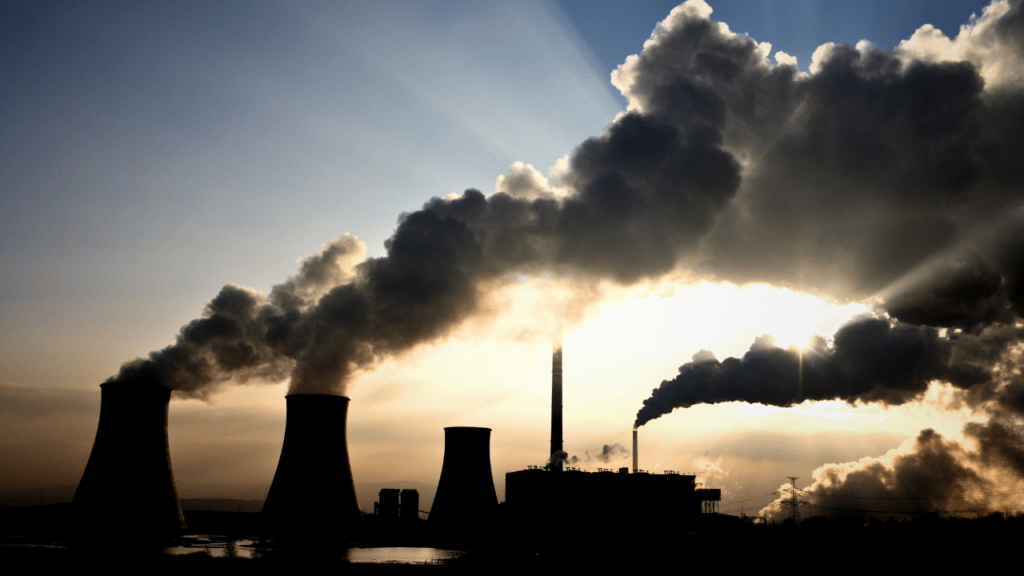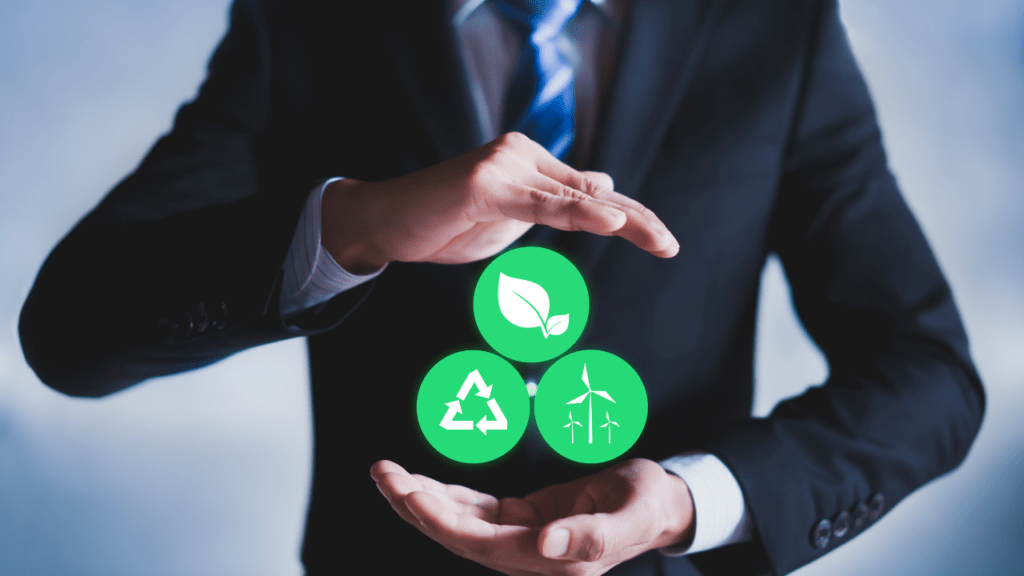Publication date: June 5, 2024
May 2024 Monthly Newsletter
Friends and Colleagues,
Welcome to the May edition of our monthly newsletter. This month, we delve into significant developments shaping the nation’s energy landscape. Highlights include the G7’s landmark decision to phase out unabated coal power generation, a crucial step towards global decarbonization. We also cover the Japanese parliament’s passage of the Carbon Capture and Storage Bill, a legislative move aimed at bolstering Japan’s commitment to reducing its carbon emissions. Additionally, we examine anticipated upcoming revisions to Japan’s Basic Energy Plan, which outlines the country’s strategic direction for achieving a sustainable and secure energy future.
G7 Sets Clear Deadline for Unabated Coal Power Generation Phase-out

At the G7 Ministers on Climate, Energy, and the Environment held in Torino, the Ministers agreed to set a deadline for the phased elimination of existing unabated coal power generation. The timeline for this phase-out is set in the early 2030s or within a timeline that supports limiting temperature rise to 1.5°C, in line with each country’s plan for net-zero emissions, according to the meeting communiqué. The decision underscores the group’s commitment to climate action and the urgency of moving away from unabated coal power towards renewable energy sources.
The outcomes from the G7 meeting could be a challenge for Japan, which still relies on coal for according to (ANRE). Currently, there are no dates set to shut down coal plants. Prime Minister Kishida announced in a that the government planned to publish the 7th Japan Strategic Energy Plan within fiscal year 2024. Reducing the share of in the is anticipated to be a critical topic in the revision.
Japan passes CCS Business Bill and Hydrogen Society Promotion Bill

On May 17th, Japan’s parliament passed the Carbon Capture and Storage (CCS) Business Bill, which aims to create a conducive business environment for carbon capture and storage activity to reach net-zero emissions by 2050. The new legislation will establish a permit system for business operators to advance CCS technology, followed by implementing business and safety regulations for storage operations and pipeline transportation.
Under the CCS law, the government will designate specific areas suitable for carbon dioxide storage and issue permits to businesses selected through a public process. Permitted businesses will then receive drilling rights to evaluate geological sites for storage and then storage rights to store them. The law also requires business operators to monitor potential CO2 leaks and holds them liable for compensation in case of accidents, regardless of intent or negligence.
Further details not covered in these laws will be specified in subsequent ministerial ordinances. The requirements and duration for transferring management of storage sites to Japan Oil, Gas and Metals National Corporation (JOGMEC) will also be determined in future discussions.
6th Basic Environment Plan Urges for Immediate Action

On May 21st, the Japanese government approved the 6th Basic Environment Plan, which was revised for the first time in six years and is regarded as the highest-level national plan that integrates all environmental fields.
Some of its key initiatives include introducing regionally integrated geothermal power, floating offshore wind power especially in the Exclusive Economic Zone (EEZ), and tidal power generation. Further revisions include calls for promoting agrivoltaics, agricultural and forestry biomass recycling, establishing hydrogen supply chains using local renewable energy, and waste-to-energy projects.
The amended plan also includes more comprehensive discourse on the expansion of storage batteries, hydrogen storage, optimal control of demand-side equipment, and grid enhancements to mitigate grid congestion. It explores new solar panel installation methods on walls and rooftops (including perovskite solar cell panels, “PSC”), to advance renewable energy systems independent of the power grid. In anticipation of significant increases in solar panel disposal volumes toward the latter half of the 2030s, the government will also consider building new mechanisms to promote and facilitate the reuse and recycling of solar power facilities for reliable implementation of handover and collection, which highlights the consideration by METI to utilize asset materials beyond their lifecycle, which is often overlooked when it comes to renewable energy projects.
Thank you for reading.
If you’ve enjoyed this content, subscribe to our complimentary monthly newsletter. Get updates delivered straight to your inbox every month and stay informed about our latest offerings.
Sign up here today.
